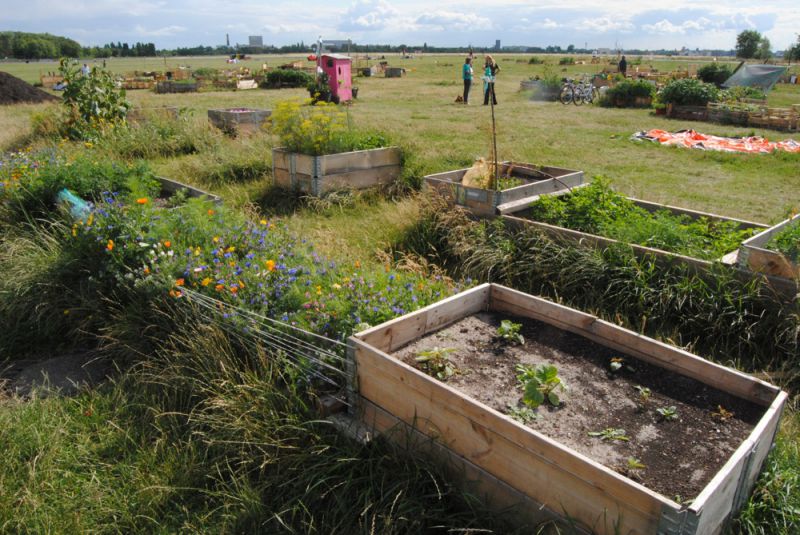Urban allotments, gardens in the peripheries, reconcile man with the nature. The small urban gardens for horticultural purposes are widespread in Europe and have similar origins everywhere, linked to food production. Urban gardening activities can encourage lifelong learning among adults by fostering the acquisition of key competences that are fundamental for each individual in a knowledge-based society. HORTIS has organized gardening courses and "green" events in each partner city.

ABOUT THE PROJECT
HORTIS project wanted to contribute to fight social exclusion, and to promote lifelong learning among adults through community and urban gardening.
The project main objectives have been:
1) To train a new generation of trainers on community gardening able to set up and run community gardens, attracting and engaging the local community.
2) To engage unemployed adults in training courses on how to create and maintain a garden.
Community gardens are a great resource for our cities. They help to rebuild relationships between people, to create an healthy urban environment, to push people's creativity up in order to take care of urban public spaces. Moreover, community gardens provide fresh and healthy food to urban gardeners.